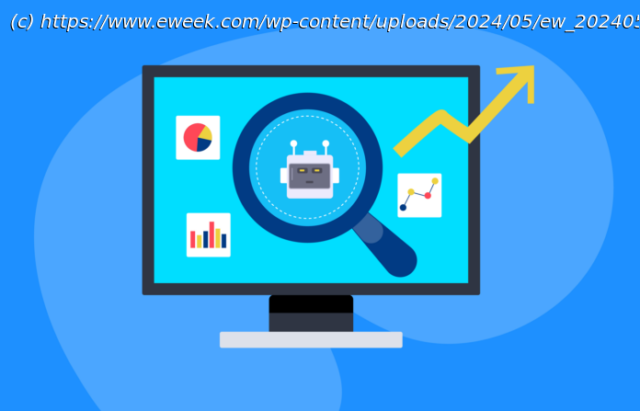Unlock sales potential with predictive analytics. Discover strategies and AI applications for predictive sales success.
Predictive sales analysis refers to the AI software and processes that businesses use to make accurate predictions about the future by analyzing data corresponding to various factors, including historical sales data, economic conditions, customer trends, and more.
These AI-based predictions help sales leaders and managers make accurate sales forecasts they can trust, which enables sales teams to effectively plan, budget, and anticipate pipeline risks and opportunities.
Predictive sales analytics projects are delicate and multi-step, so it’s common for businesses to use sales analytics software to streamline the process. These AI-powered platforms typically integrate with your CRM and other data sources and analyze that data according to the insights you want to generate. Some CRMs also come with predictive analytics features.
Let’s look at the many facets of predictive AI sales analysis, including how it works, benefits, challenges, key tools, and the future of this emerging use of AI in sales.6 Benefits of AI-Based Predictive Sales Analysis
Predictive sales analysis using artificial intelligence has many benefits for all types of businesses, from increasing the accuracy of your sales forecasts to helping you spot and plan for potential risks like cash flow slumps or economic downturns.
Below are five of its biggest benefits:Increase the Precision of Your Sales Forecast
Predictive sales analytics tools improve the accuracy of your sales forecasts in various ways:
Automatically gather relevant past and current sales, marketing, and financial data from your data sources and AI CRM.
Clean the data, enrich datasets, remove redundancies, and fill in missing fields.
Apply machine learning and statistical techniques to effectively turn the data into insights and sales predictions.
Predict industry and competitor trends that will help you make better forecasts.
Using predictive analysis software also ensures that your predictions aren’t corrupted by human error.
And when you’re confident in your forecasts, you’ll be more likely to use them to inform your business and sales plans. Doubt is the enemy of effective execution.Understand Your Customers on a Deeper Level
By analyzing customer data such as past purchases, survey feedback, and social media activity, AI-based sales analytics helps you form a clearer picture of your customer segments and how they’ll change going forward.
With a better idea of their future needs and behavior, you can build sales processes and offers that resonate with those buyers.
For example, you might predict that in 2025 your target customers will be seeking out more self-service options for exploring your solutions.
In that case, you could integrate a better AI chatbot into your website that can automatically send them content and recorded demos related to their interests. This helps you win customers from competitors who aren’t taking this into account.Enhance Your Marketing Campaigns
Insights into the future desires and situations of your audience will help you create data-driven marketing campaigns that reach and engage your buyers.
By reviewing past campaigns and other data, predictive analysis can help you find the marketing channel with the best ROI, identify the attributes of your highest-quality leads, and write copy that moves buyers to take action.Effectively Allocate Your Assets
AI-based analysis can help you predict future events like slumps in sales numbers in a certain territory, which will enable you to improve inventory management and staff assignment.
With predictions like that at your disposal, you’ll also be able to put your effort and money into high ROI-activities and market segments while avoiding the ones that look unpromising.Improve Sales Performance
Predictive analytics tools can tie into your CRM and the other platforms your sales teams use.
This enables you to track key sales metrics and figure out which processes and tactics will work in the future and which ones need adjustment.
These tools can also assist in predicting shifts in the marketplace, which will affect which sales skills you focus on developing.
If, for example, it looks like your leads are going to increasingly come from social media, it’s important to train your sales team in social selling.






